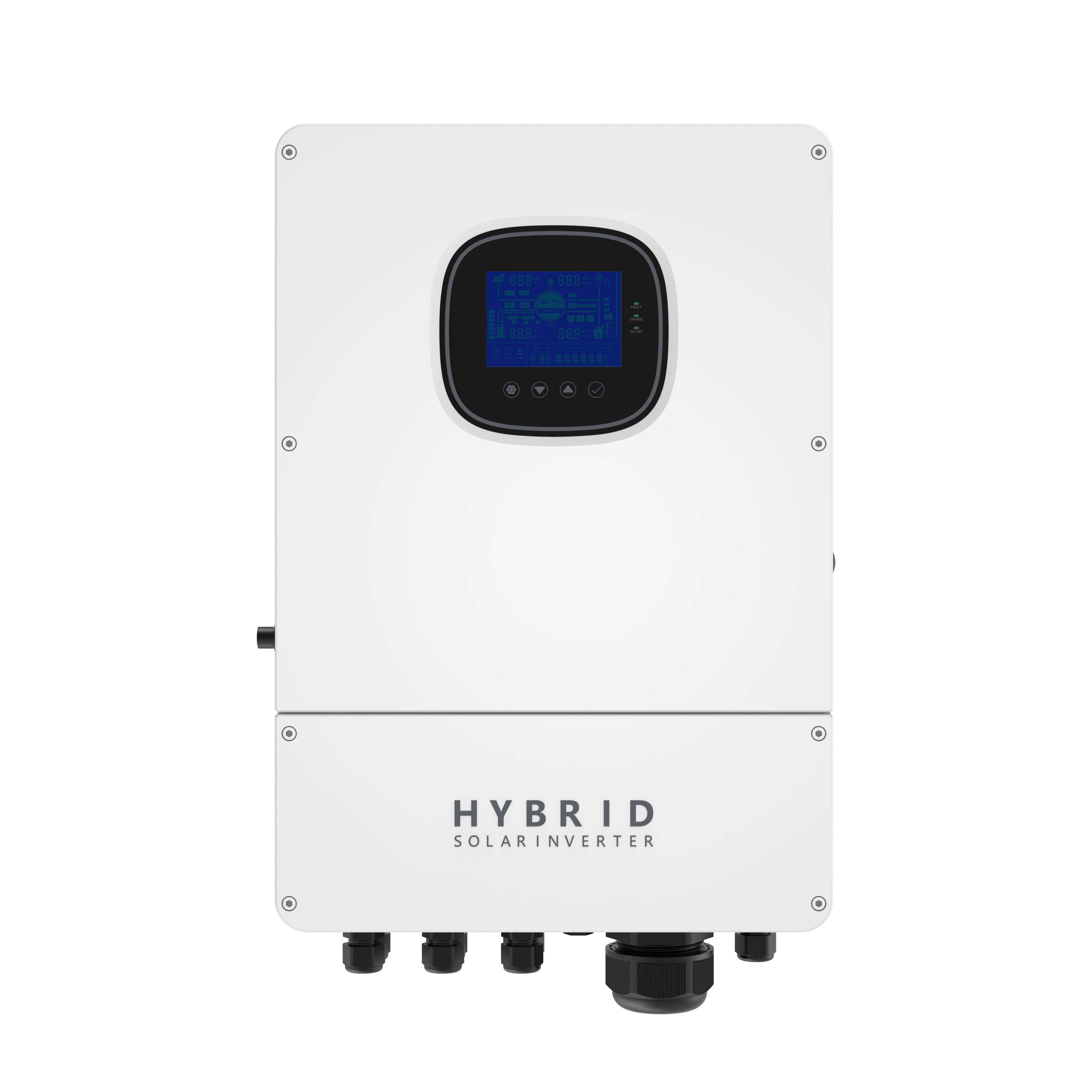In the realm of renewable energy, solar power has emerged as a frontrunner, owing to its abundance, sustainability, and environmental benefits. However, the efficiency of solar power systems often depends on the components they employ, and one such crucial component is the inverter. Among the various types of inverters, hybrid solar inverters have gained significant attention due to their numerous advantages.
Firstly, hybrid solar inverters excel in their ability to integrate with energy storage systems, such as batteries. This integration allows for greater flexibility and reliability in solar power systems. During peak sunlight hours, the inverter can not only convert the solar energy into usable electricity but also charge the batteries for later use. This ensures a continuous supply of power, even during periods of low solar radiation or at night.

Secondly, hybrid solar inverters are designed to maximize energy utilization. They feature intelligent control algorithms that monitor the system’s operation and adjust the power output accordingly. This ensures that the inverter operates at its optimal efficiency, minimizing energy losses and maximizing the system’s overall performance.
Moreover, hybrid inverters offer improved grid interaction. They are equipped with advanced communication protocols that enable them to communicate with the utility grid effectively. This allows for features like grid-feeding, where excess solar energy can be sold to the grid, and grid-support, where the inverter can provide backup power during grid failures. Such capabilities enhance the economic value of solar power systems while also contributing to grid stability.
Another noteworthy advantage of hybrid solar inverters is their modular design. This design allows for easy expansion and scalability of the solar power system. As the energy demand increases, additional solar panels and batteries can be seamlessly integrated into the system without the need for extensive modifications. This flexibility is crucial for both residential and commercial applications.
Lastly, hybrid solar inverters are becoming increasingly cost-effective. As the technology advances and manufacturing processes improve, the cost of these inverters is gradually decreasing. This makes them a more viable option for both new installations and retrofits, further driving the adoption of solar power systems.
Hybrid solar inverters offer numerous advantages over traditional inverters, including improved integration with energy storage systems, optimized energy utilization, improved grid interaction, modular design, and cost-effectiveness. These advantages make hybrid inverters a crucial component of modern solar power systems, enabling them to deliver reliable, efficient, and cost-effective renewable energy solutions.
